Table of Contents

IN PURSUIT OF PRIVILEGE

Columbia University Press
Publishers Since 1893
New York Chichester, West Sussex
cup.columbia.edu
Copyright 2017 Clifton Hood
All rights reserved
E-ISBN 978-0-231-54295-1
Library of Congress Cataloging-in-Publication Data
Names: Hood, Clifton, author.
Title: In pursuit of privilege : a history of New York Citys upper class and the making of a metropolis / Clifton Hood.
Description: New York: Columbia University Press, [2016] | Includes bibliographical references and index.
Identifiers: LCCN 2016008163 | ISBN 978-0-231-17216-5 (cloth: alk. paper)ISBN 978-0-231-54295-1 (e-book)
Subjects: LCSH: New York (N.Y.)Civilization. | Upper classNew York (State)New YorkHistory. | Elite (Social sciences)New York (State)New YorkHistory. | Rich peopleNew York (State)New YorkHistory. | New York (N.Y.)Social life and customsHistory. | New York (N.Y.)Economic conditions.
Classification: LCC F128.3 .H68 2016 | DDC 974.7dc23
LC record available at https://lccn.loc.gov/2016008163
A Columbia University Press E-book.
CUP would be pleased to hear about your reading experience with this e-book at .
COVER DESIGN: Julia Kushnirsky. Hand lettering by Nim Ben-Reuven
COVER IMAGE: A. G. Vanderbilt, Sr., public domain
To four teachers who made a difference:
William Westfall
Glen E. Holt
Joel A. Tarr
Kenneth T. Jackson
CONTENTS
L ike many other historians, I quote the adage The past is a foreign country: they do things differently there to let audiences know that they should not expect the people we are discussing to think and feel in the same ways we do. That line is the first sentence of a novel L. P. Hartley wrote about the British upper class in 1953. It is the history of the upper class, Hartley was really saying, that is a foreign country.
This book explores the foreign country that is the New York City upper class. A notable example of its customs and practices was the Bradley Martin costume ball of February 1897. Every year in New York City during the 1890s, dozens of upper-class families spent from $50,000 to $100,000 apiece throwing parties, receptions, and other entertainments, and a handful, including the Bradley Martins, laid out more than $150,000 (equal to $4.4 million today). For their 1897 gala, the Bradley Martins ordered so many orchids, lilies, violets, and other flowers to decorate the ballroom of the Waldorf Hotel, at Fifth Avenue and Thirty-Fourth Street, that greenhouses in New York City could not meet the demand and carloads of blossoms had to be brought in from elsewhere. Intended to replicate the glamour of the French royal court at Versailles, the ball was attended by more than eight hundred men and women from high society, most of them dressed as European royals, nobles, knights, and courtiers from the sixteenth to eighteenth centuries. Bradley Martin went as Louis XV of France; his wife, Cornelia, went as Mary, Queen of Scots; John Jacob Astor IV, as Henry IV of France; and Ava Astor, as Marie Antoinette.
However, because the affair happened during a severe industrial depression and because the Bradley Martins insouciantly declared that their lavish expenditures would aid the poor by invigorating the urban economy, a backlash occurred: newspapers condemned the ball; clergymen criticized it from their pulpits; and some of those who had been invited, such as Theodore Roosevelt, then president of the New York City Board of Police Commissioners, stayed away rather than court public censure. The Bradley Martins, who received death threats and had to hire bodyguards for protection, eventually left New York and moved to London.
What can explain, asked the New York World, the extraordinary attention attracted to the Bradley Martin ball and the excitement created by it not only in this country but across the ocean as well? According to the World, this foolish and costly fancy-dress ball showed that we have in this young country, this democratic-Republic, a firmly established aristocracyone as exclusive and as intolerant and as extensive as any in Europe, with no basis except wealth and a generation or two away from a plebian parent or grandfather. The outpouring of popular anger confirmed that many other Americans reviled the emergence of this new tyranny of fashion, of wealth, of snobbery, and a recognized society and the concomitant weakening of democratic and egalitarian values.
Upper-class New Yorkers like the Bradley Martins tried hard to create a separate and exclusive world for themselves, but they kept being assailed by the forces of economic growth and democracy and compelled to alter course. Their relentless pursuit of privilege was what made them different, and it is why the life they created for themselves can be considered a foreign country. They had their own culture, their own practices, norms, and aspirations, and they were different not just from other New Yorkers but from other urban upper classes in other cities. Compared to other elites in the United States and Europe, upper-class New Yorkers have been more receptive to new people and ideas and much bolder in their quest for wealth, prestige, and power.
An initial colonial upper class that modeled itself on European norms started to run headlong into American capitalism and democracy by the 1790s and then spent the next two centuries trying to figure out how to handle that whipsaw. In the process it became more complex and more malleable while at the same time working feverishly to preserve its exclusivity, especially from the middle class that began to gain in numbers and status in the mid-nineteenth century. The tension between the pressures of American economic dynamism and democratic culture, on the one hand, and the enticements of exclusivity and superiority, on the other, is the focal point of this book.
What distinguished the New York upper class from the outset is that its members were comparatively dynamic, open, and aggressive (much like New York City) as opposed to the stuffy, family- and pedigree-oriented upper classes found elsewhere in America and Europe. Members of the New York City upper class behave like this not so much because they are civic-minded (though at times they are) but because they pursue wealth, prestige, and power; in other words, they seek personal gain. Throughout their history, their salient trait has been that they keep their eyes on the main chance, however it may present itself. And when they do strive for social pedigree, when they do comport themselves as if they were true aristocrats, they do so not so much because they believe in a true aristocracy but because it helps legitimate and thus strengthen their pursuit of wealth, prestige, and power. In the process, they help to shape the distinctive character of their city, just as they are reciprocally shaped by it.

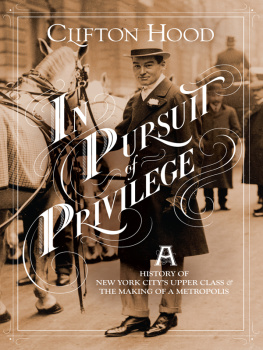
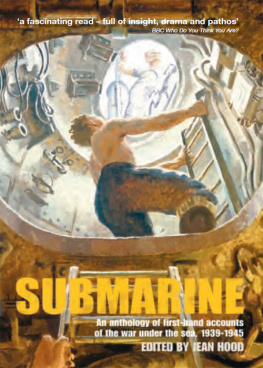
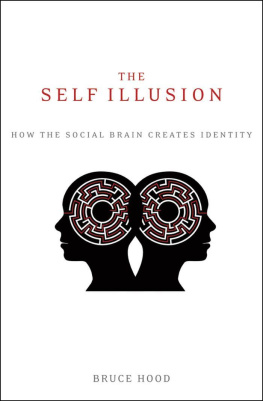
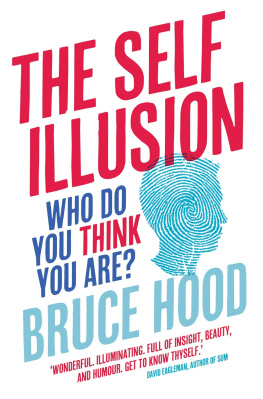
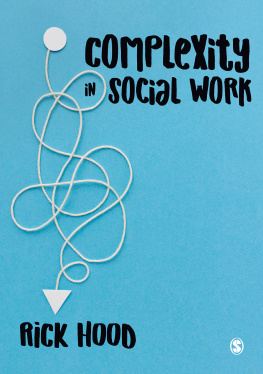
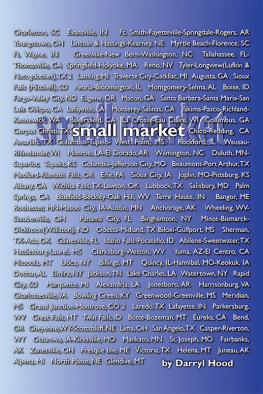

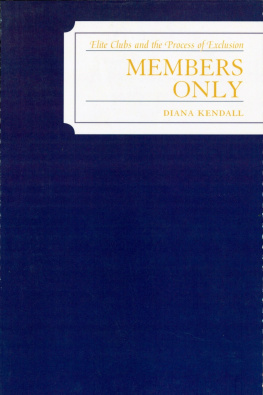
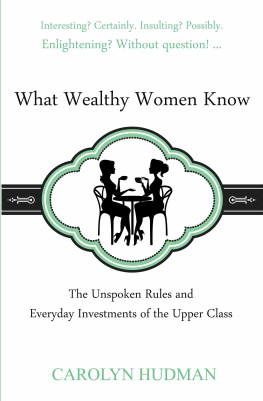
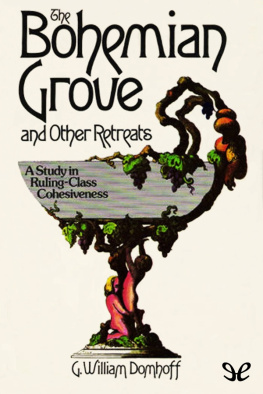
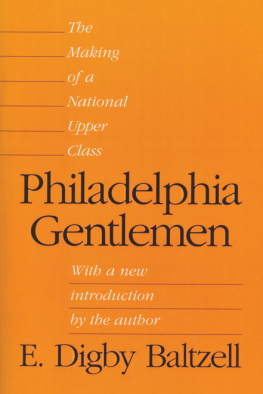
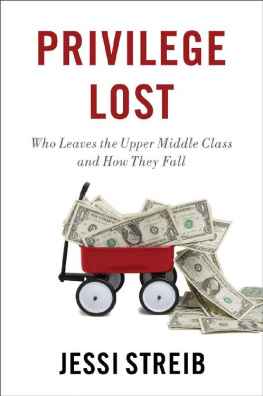
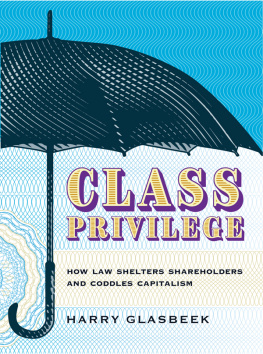
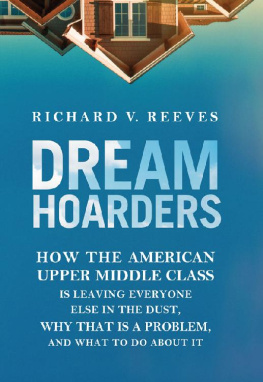



 IN PURSUIT OF PRIVILEGE
IN PURSUIT OF PRIVILEGE 


